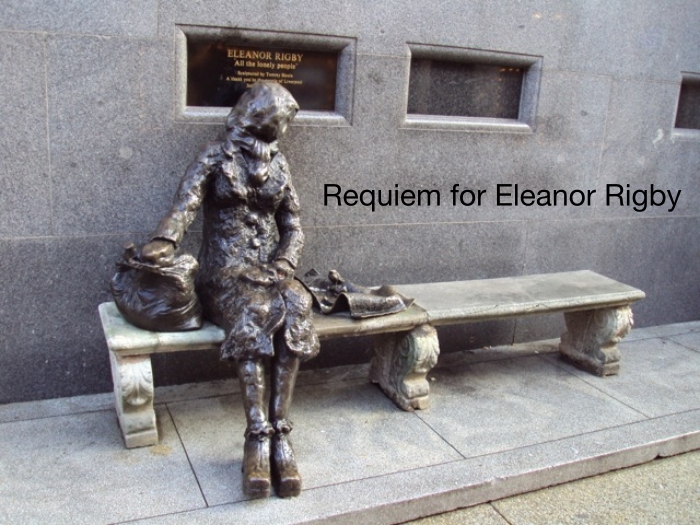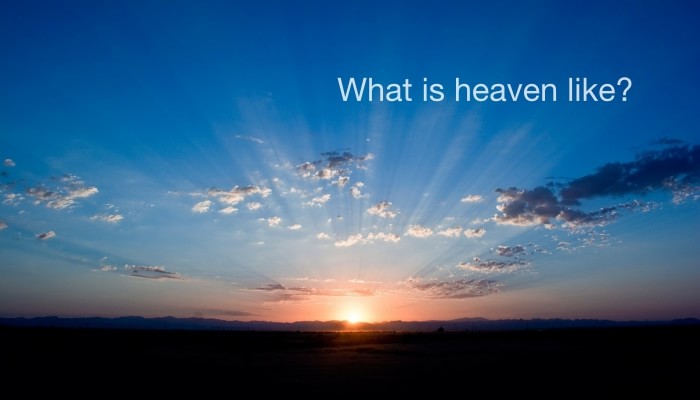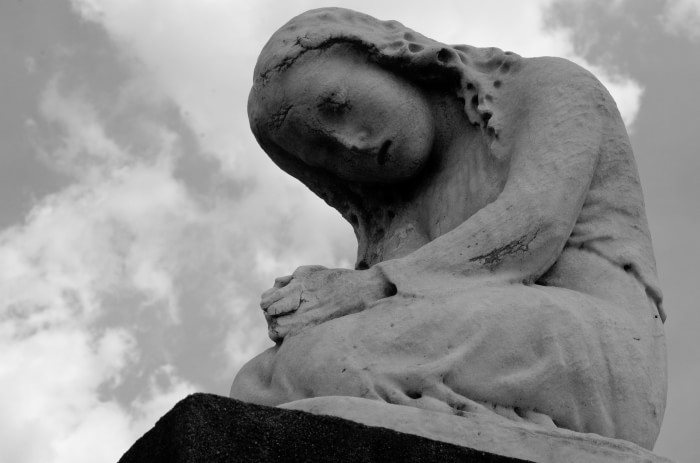
We live in a world that is convinced that everything in the universe runs according to basic mechanical principles, such as the laws of thermodynamics or the law of gravity. We are taught by our experiences that these laws are, for the most part, non-negotiable. If we jump off a roof, we will fall to the ground (unless we hit another object on the way down, then other laws of physics will influence how and where we land). So from a very young age we try to operate within these boundaries. As we grow older, we become convinced that the better we learn these basic principles of the universe, the better off we will be.
There is much to commend learning these laws, but a negative byproduct is that we come to believe we live in a universe that is ruled by a set of blind forces (like gravity) that constantly push and pull us around. We call it names like “cause and effect,” and most Christians think this way as well, except that we add that it was God who put these forces in motion and who put in place the law of reciprocity (the whole “sowing and reaping” thing) to make everything work fairly. You get out what you put in. No more, no less.



